Who are we?
GGC is a dynamic hub where leaders in the green economy converge to foster connectivity and collaboration.
collective intelligence
shared expertise
revolutionary growth

Join a Community of Change-Makers
Engage with a network of visionary professionals, sustainability advocates, and pioneering entrepreneurs committed to impactful environmental change.

Strength in Unity
We enhance each other's strengths, exchange pivotal insights, and bolster each other’s missions.

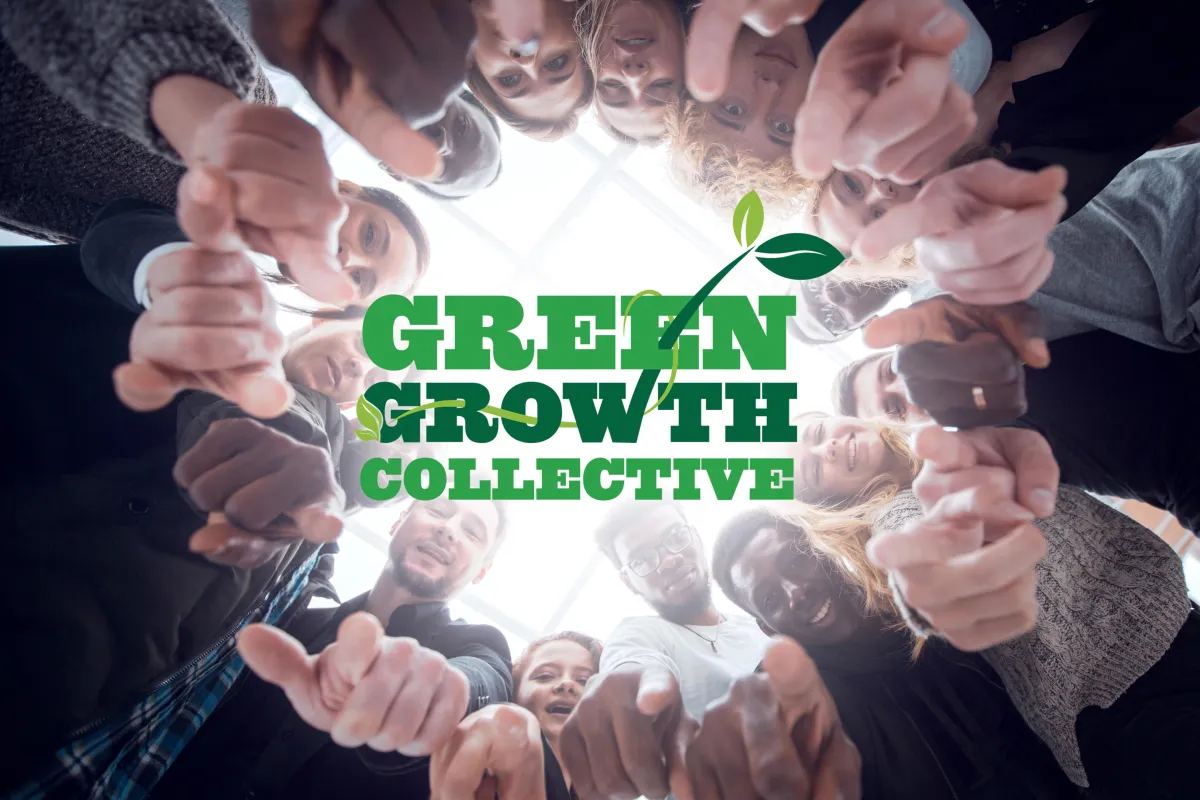

Fuel Your Journey
Participate in stimulating discussions, access exclusive resources, and attend transformative events. Become a part of a mastermind - every connection fuels your journey toward a sustainable future.

Read GGC Expert Articles
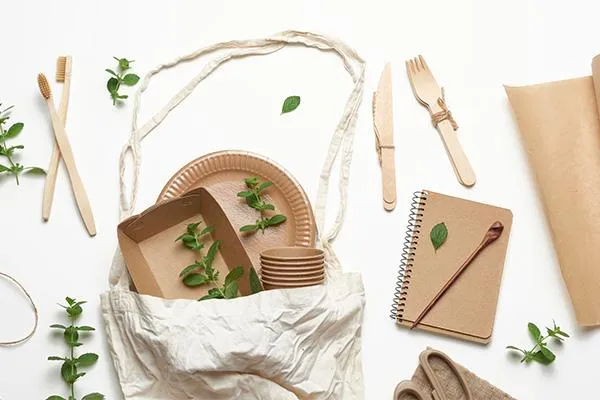
Eco-Friendly Packaging Solutions : A Guide for Small Businesses
In today's rapidly changing business landscape, sustainability has become more than just a buzzword—it's a necessity. As consumers become increasingly conscious of their environmental impact, businesses of all sizes are seeking eco-friendly alternatives, particularly in packaging. In this guide, we'll explore some innovative eco-friendly packaging solutions tailored specifically for small businesses.

The Importance of Eco-Friendly Packaging
Traditional packaging materials like plastic and Styrofoam are not only harmful to the environment but also contribute to pollution and waste. As small businesses, making the switch to eco-friendly packaging not only aligns with consumer values but also demonstrates a commitment to corporate social responsibility. By choosing sustainable packaging solutions, businesses can reduce their carbon footprint and differentiate themselves in a crowded marketplace.
Sustainable Materials for Packaging
Biodegradable Plastics: Unlike traditional plastics, biodegradable plastics break down naturally over time, reducing their environmental impact. Look for options made from renewable resources like cornstarch or sugarcane.
Compostable Packaging: Compostable packaging is designed to decompose quickly and safely in commercial composting facilities, minimizing waste and returning nutrients to the soil.
Recycled Materials: Utilizing recycled materials for packaging helps to reduce the demand for virgin resources and keeps waste out of landfills. Look for packaging made from recycled paper, cardboard, or even biodegradable plastics derived from recycled materials.
Reusable Packaging: Encourage customers to participate in the circular economy by offering reusable packaging options. This could include refillable containers or packaging that doubles as storage for future use.
Design Considerations
When choosing eco-friendly packaging solutions for your small business, it's essential to consider both sustainability and functionality. Here are some design considerations to keep in mind:
Durability: Ensure that your packaging protects your products adequately during transit while minimizing material usage.
Aesthetic Appeal: Eco-friendly packaging can still be visually appealing. Consider incorporating sustainable branding elements or eco-conscious messaging to resonate with environmentally-conscious consumers.
Practicality: Choose packaging that is easy to use and dispose of responsibly. Clear labeling and instructions for recycling or composting can help consumers make informed choices.
Implementing Eco-Friendly Packaging in Your Business
Transitioning to eco-friendly packaging may seem daunting, but there are steps small businesses can take to make the process smoother:
Assess Your Current Packaging: Take stock of your existing packaging materials and identify areas for improvement. Consider factors such as material composition, recyclability, and end-of-life disposal options.
Research Sustainable Alternatives: Explore eco-friendly packaging options that align with your business values and product requirements. Consider factors such as cost, availability, and compatibility with your supply chain.
Engage Suppliers and Partners: Communicate your commitment to sustainability with your suppliers and partners. Collaborate with them to source eco-friendly materials and explore opportunities for shared initiatives.
Educate and Empower Customers: Raise awareness among your customers about the importance of eco-friendly packaging and provide guidance on responsible disposal practices. Consider offering incentives for returning or recycling packaging materials.
Conclusion
As small businesses play an increasingly vital role in driving sustainability, adopting eco-friendly packaging solutions is a proactive step towards minimizing environmental impact and meeting consumer demand for greener alternatives. By embracing innovation and prioritizing sustainability in packaging decisions, small businesses can pave the way for a more sustainable future—one package at a time.
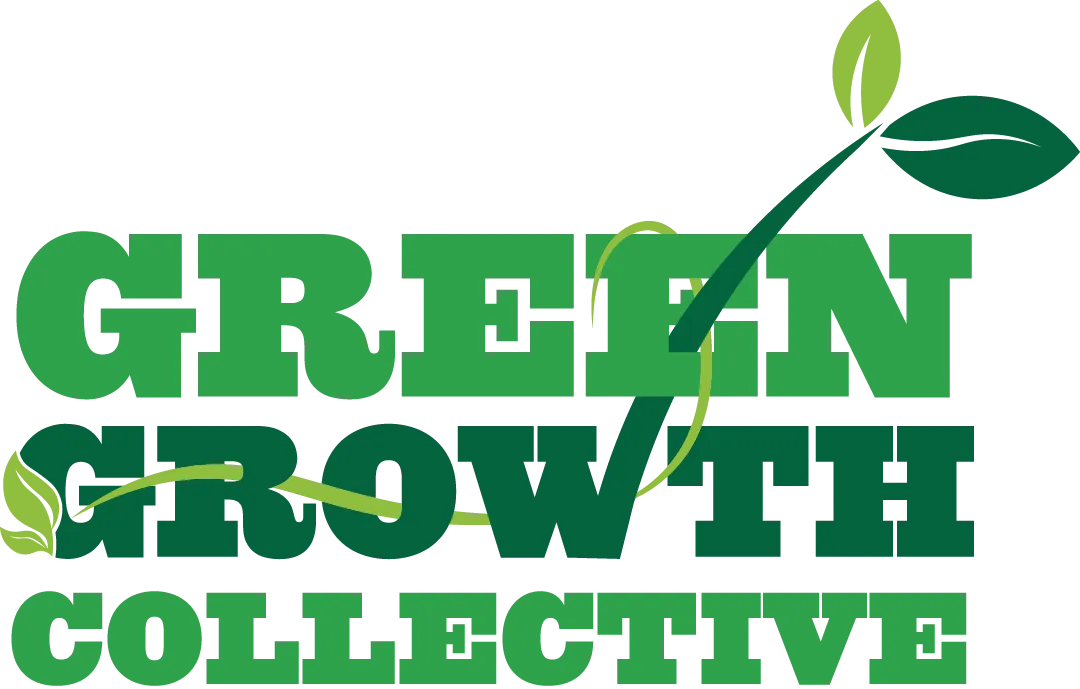

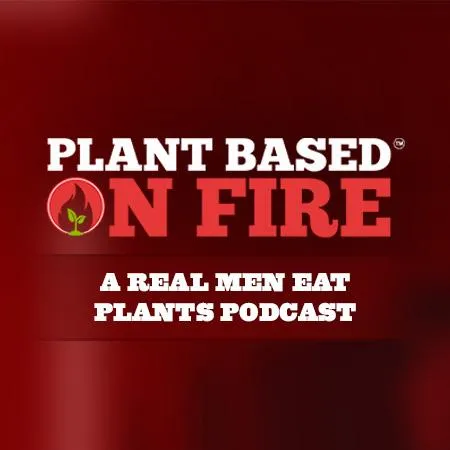
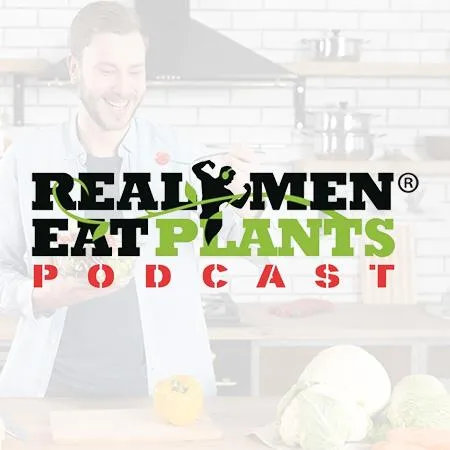
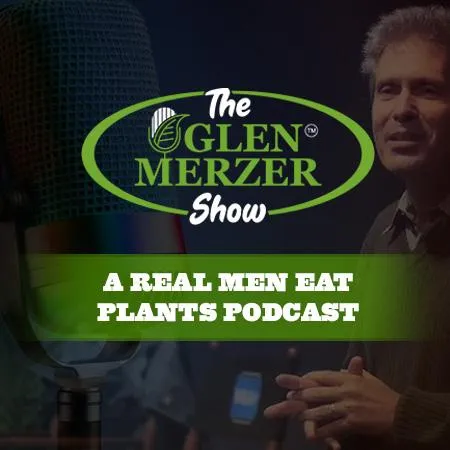
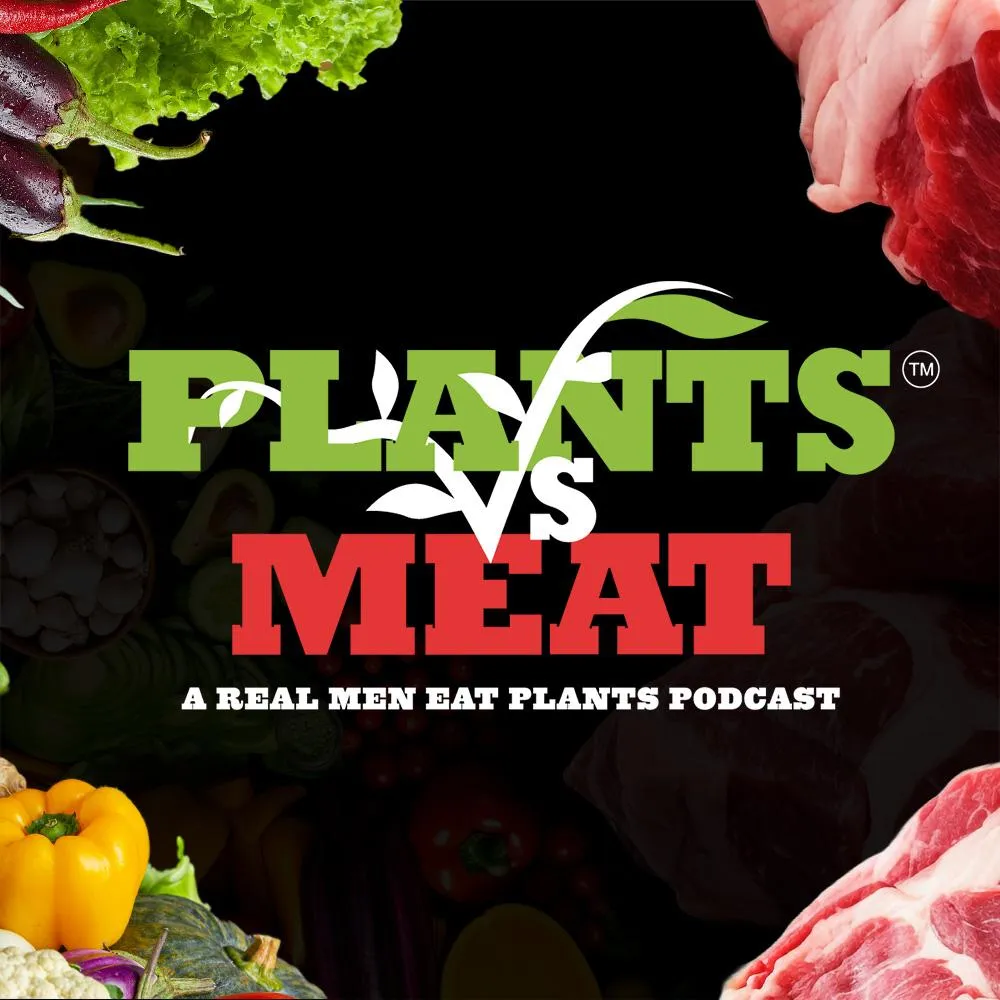
Facebook
Instagram
LinkedIn
Youtube